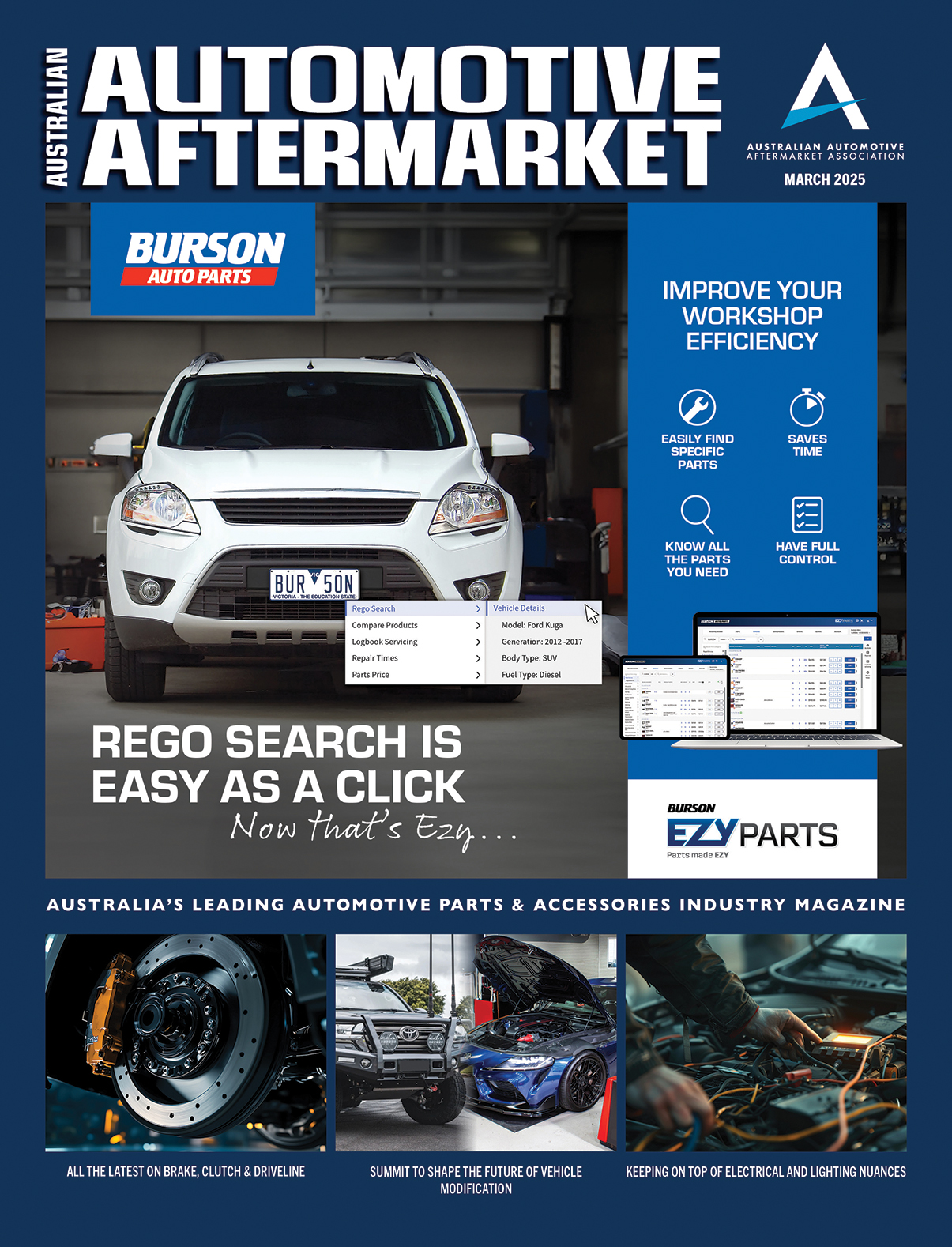ACCC RELEASES FINAL GUIDE ON SUSTAINABILITY COLLABORATIONS
This guide makes clear that competition law need not be a barrier for those considering sustainability collaborations that benefit the public

The ACCC recently released its final guide on sustainability collaborations and Australian competition law.
The guide is designed to increase businesses’ understanding of where competition law risks are not likely to arise when collaborating to improve sustainability outcomes.
It also provides information on what exemptions are available for business collaborations.
As Australia transforms to a more sustainable economy, the ACCC recognises that there may be instances where businesses seek to work together to address sustainability issues more effectively and rapidly.
“Businesses are becoming increasingly conscious of their environmental impacts as Australia transitions to a more sustainable economy,” ACCC Deputy Chair, Catriona Lowe, said.
“While there are a wide range of sustainability collaborations that do not breach competition laws, where there is risk of a potential breach, ACCC authorisation can provide legal protection to businesses who wish to work together to achieve better environmental outcomes.”
The ACCC has already authorised a wide range of conduct which has led to sustainability-related public benefits.
This includes industry stewardship schemes, joint buying of renewable energy, a voluntary code to address working conditions in supply chains, and collaboration to manage disruptions to recycling systems.
In 2024, around one third of the authorisation applications that the ACCC released decisions on included environmental public benefit claims.
This guide makes clear that competition law need not be a barrier for those considering sustainability collaborations that benefit the public.
“Generally speaking, the ACCC may grant an authorisation in situations where the likely public benefit resulting from the proposed conduct outweighs any public detriment,” ACCC Commissioner, Liza Carver, said.
“These guidelines do not change the law but are intended to provide greater clarity to businesses on the laws relating to collaborations.
“They also explain what the existing competition authorisation regime offers.”
The ACCC recognises that sustainability is not limited to environmental issues and includes social issues such as antislavery and governance initiatives.
The ACCC can take a range of sustainability-related public benefits into account when undertaking authorisation assessments. The public benefits from collaboration can include anything of value to society.
In addition to incorporating more examples of sustainability collaborations, further information has also been provided regarding the range of exemptions available to small businesses, including the class exemption and notification processes for collective bargaining. Generally, these exemption processes are simpler and quicker relative to the authorisation process.
The final guide is also accompanied by a ‘quick guide’ and a five-step checklist to help businesses quickly assess their competition law risk and exemption options.
The new quick guide also provides a range of practical examples of low-risk sustainability collaborations, such as joint research and development, information sharing, and joint supply chain activities.
“There are many sustainability arrangements that are unlikely to breach competition law,” Catriona said.
“When a collaboration does raise competition concerns, an exemption may be available. If you are considering applying for an exemption, we encourage you to contact the ACCC at an early stage.”
The ACCC states that it recognises that sustainability initiatives are continually evolving and may seek to review the guidance in future to ensure that it is fit-for-purpose.
For more from the ACCC and to access the guide, visit www.accc.gov.au








